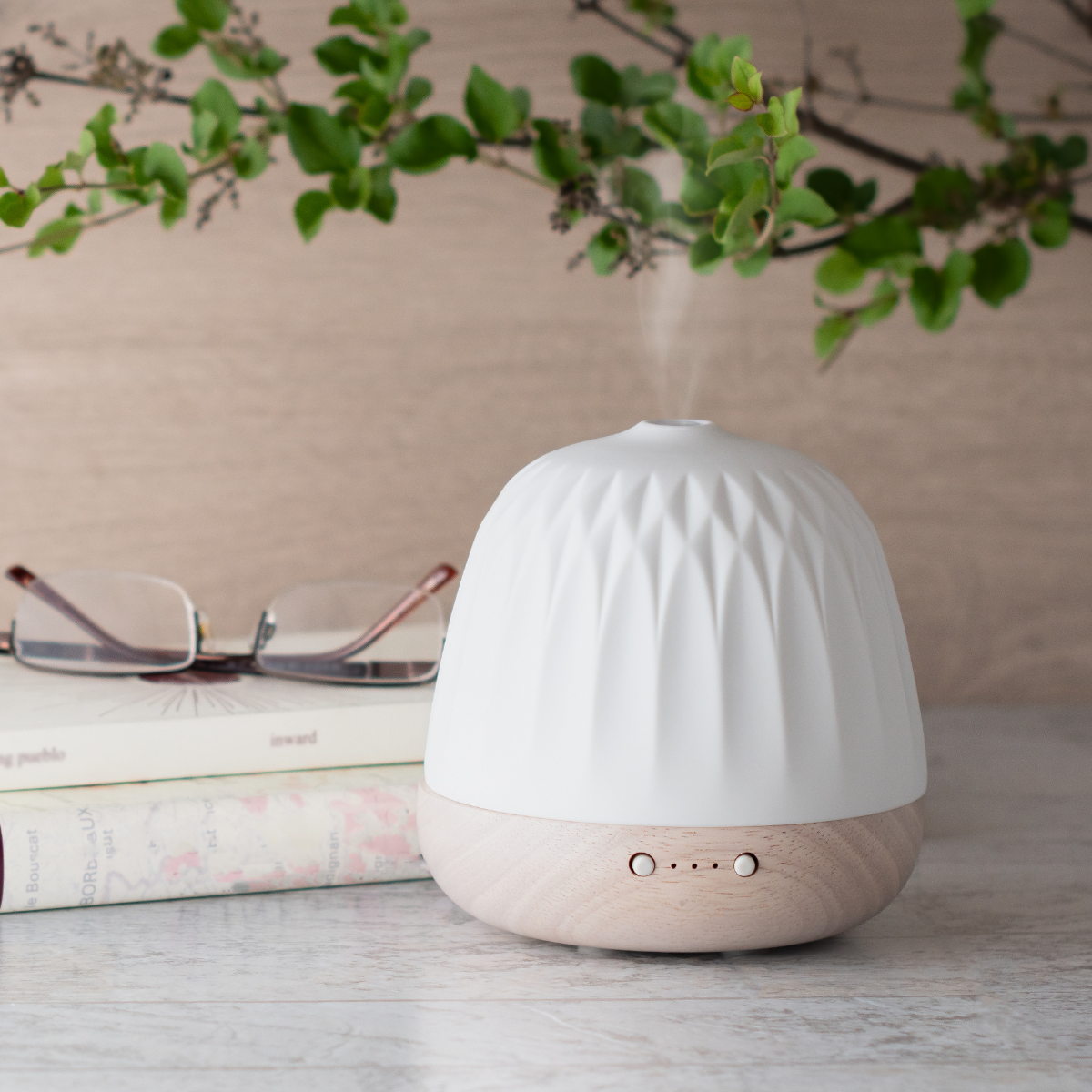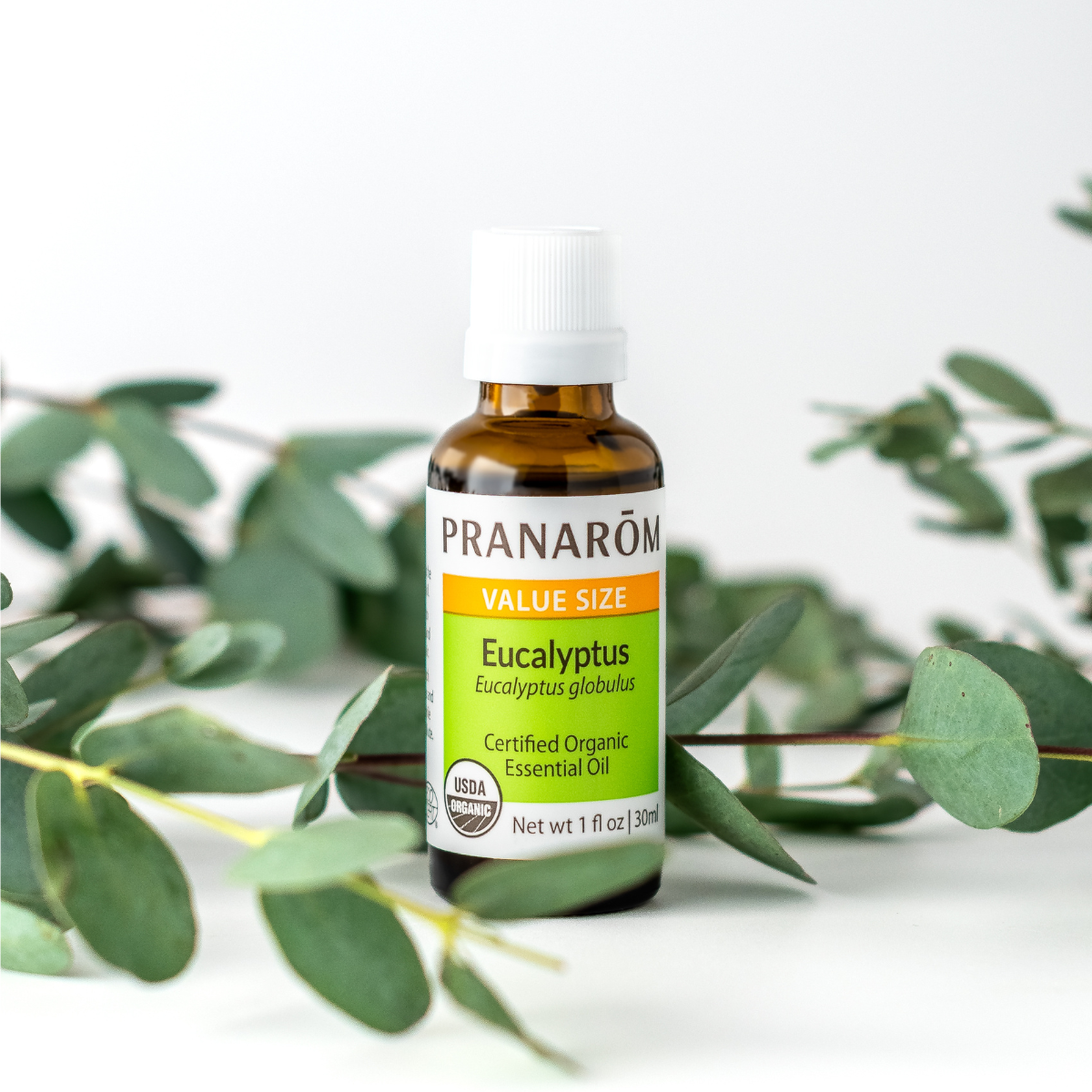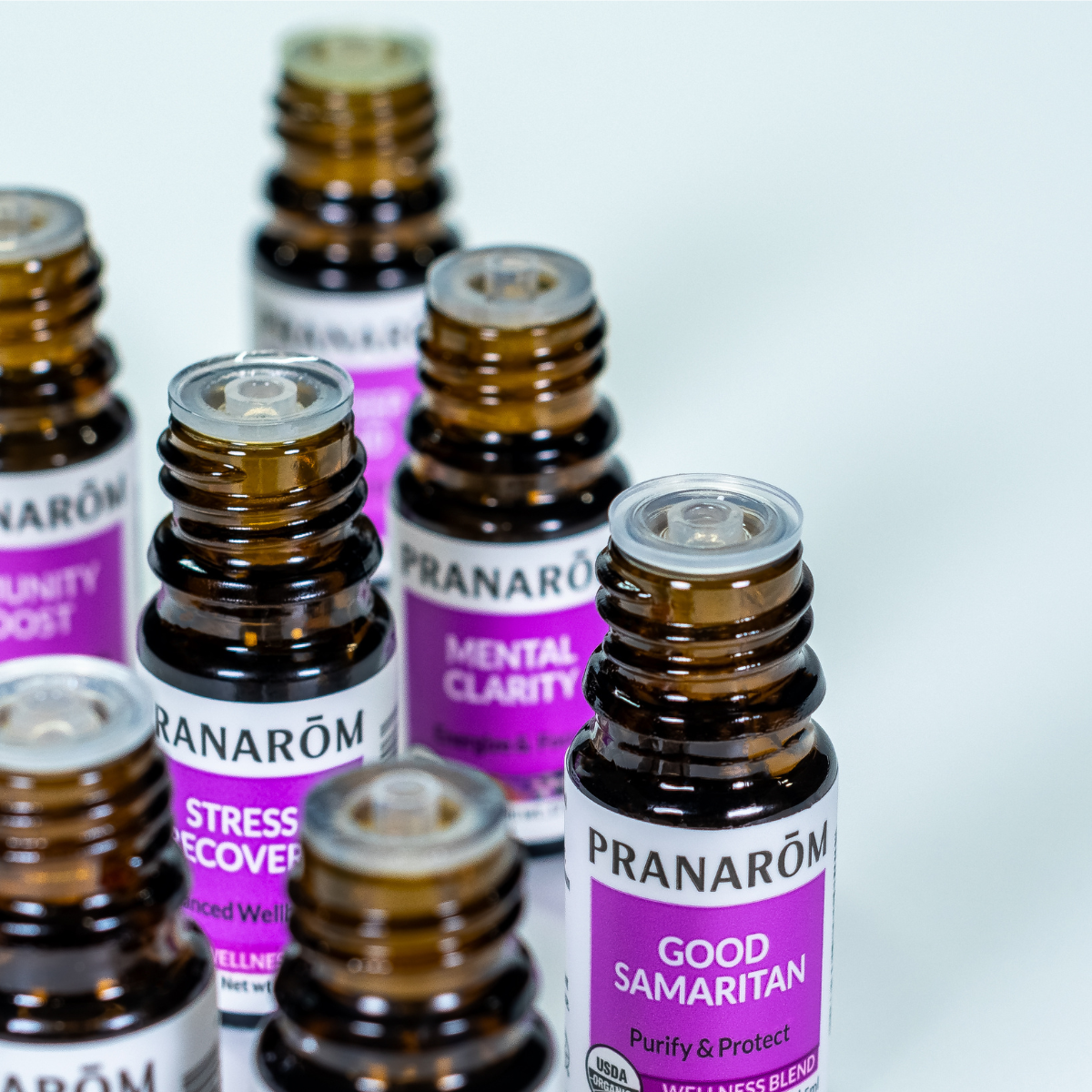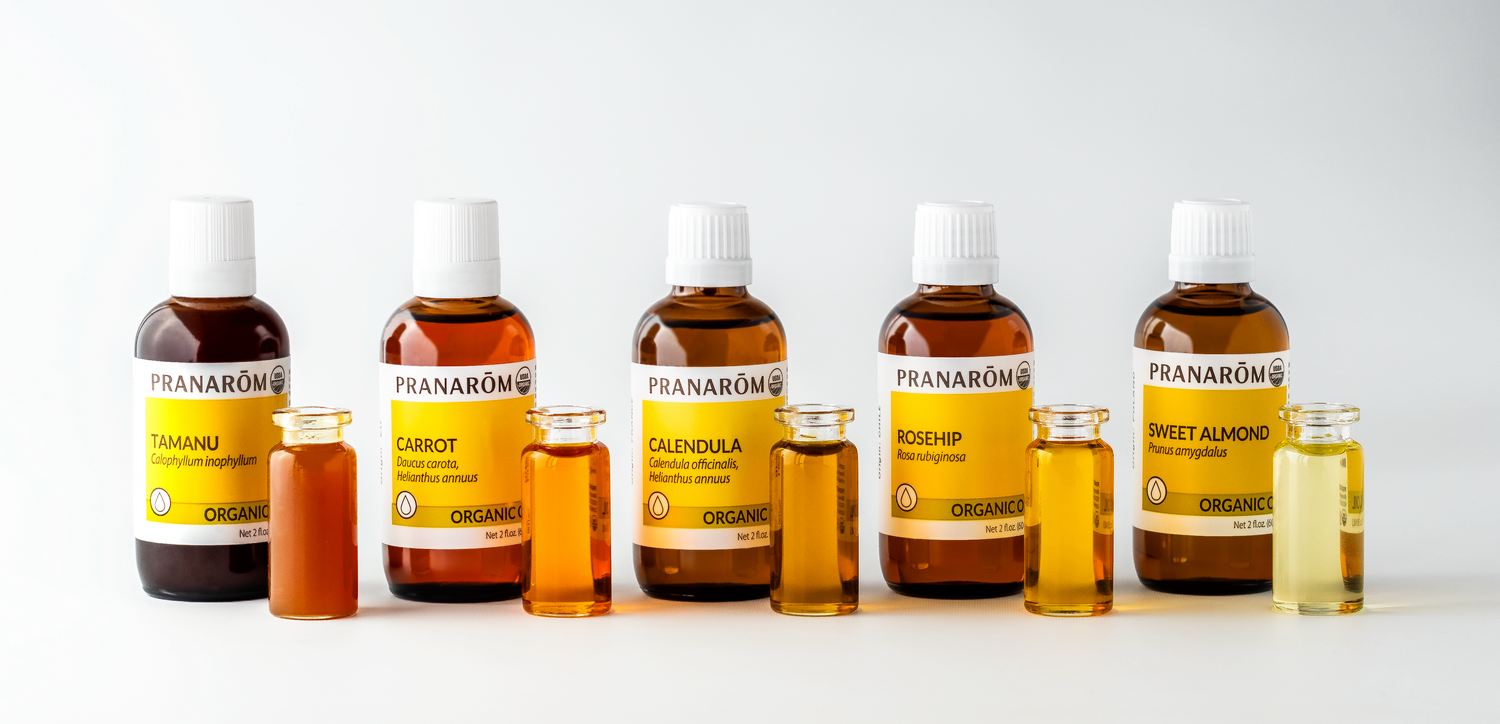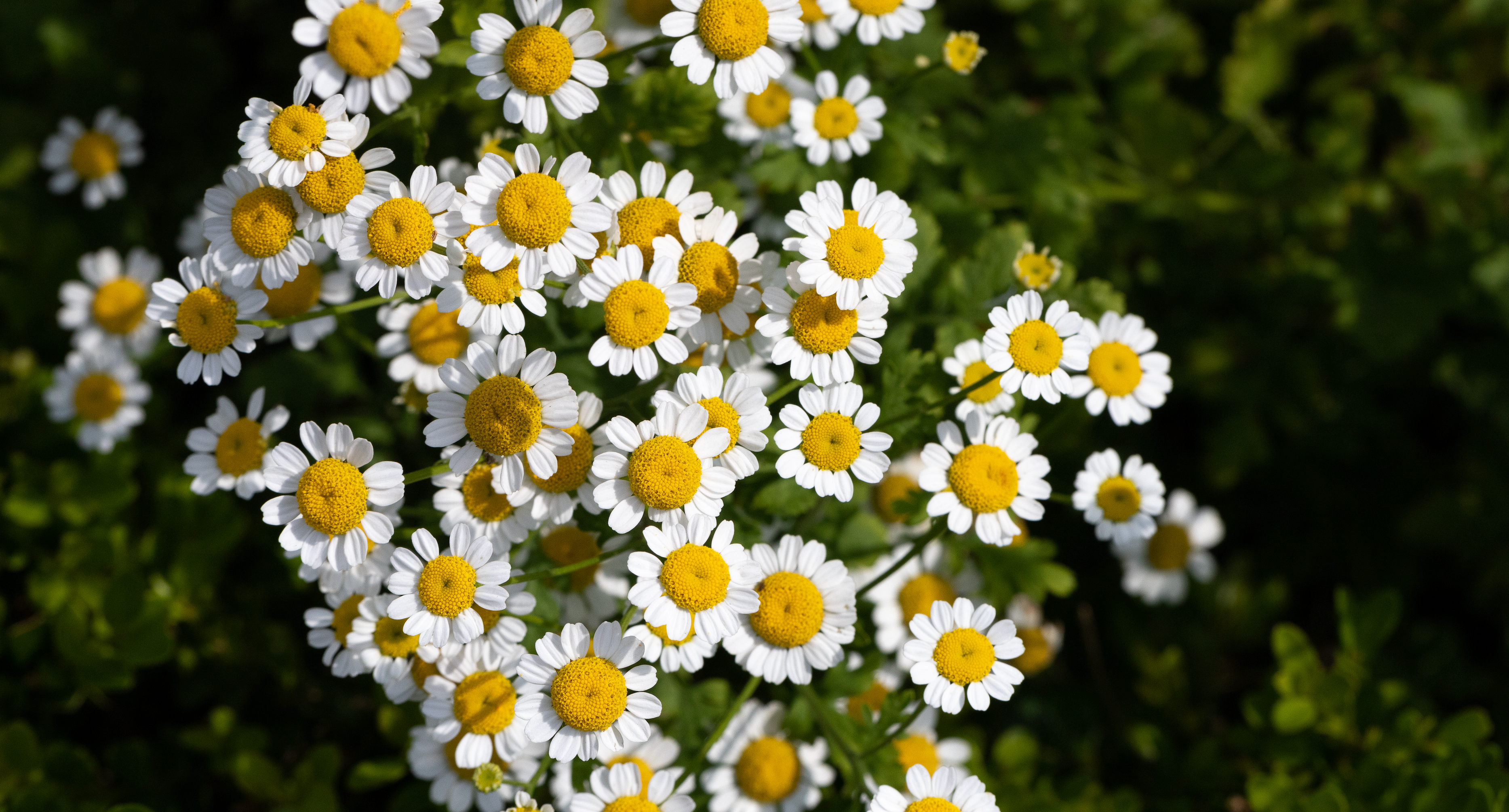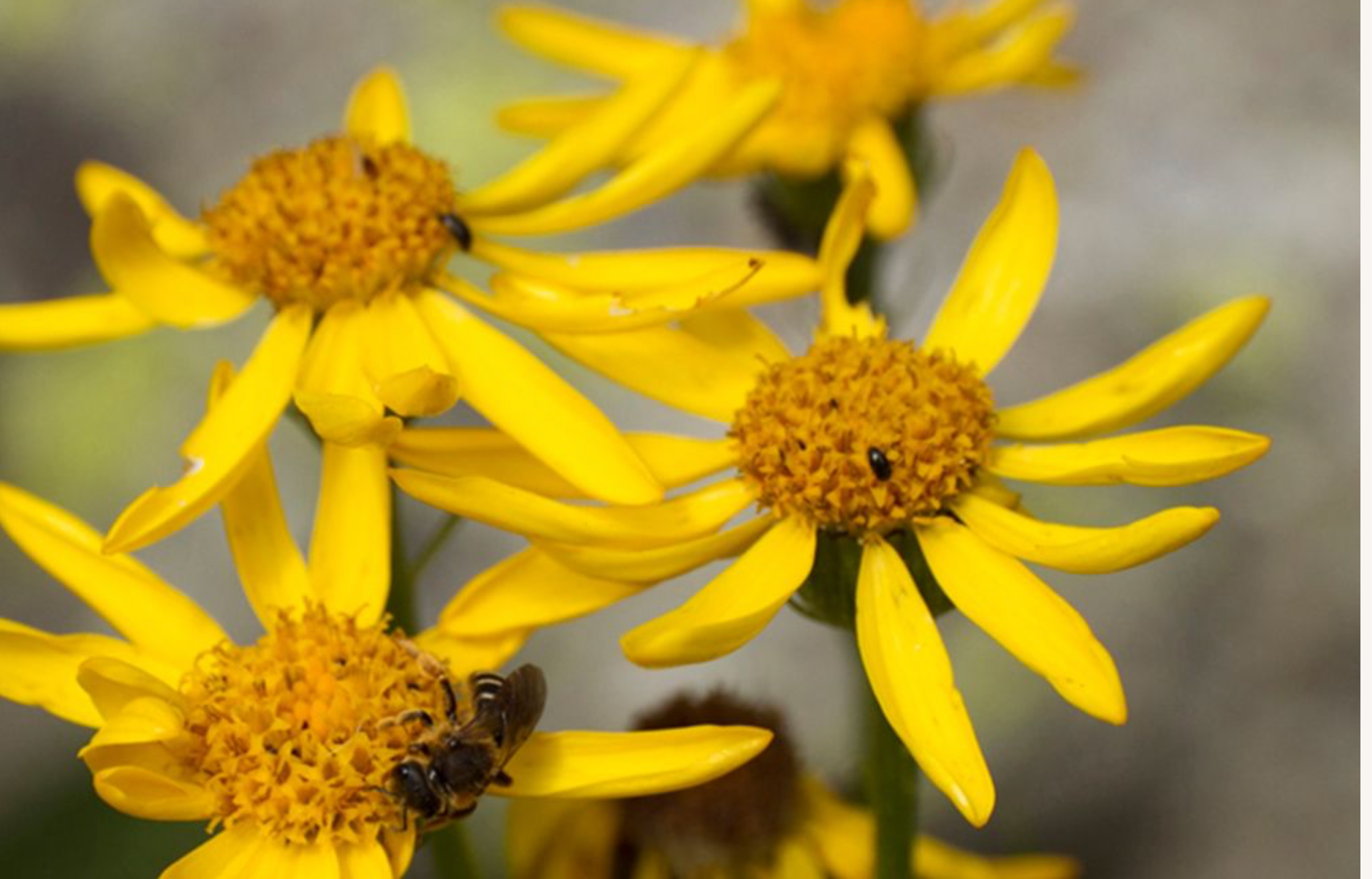How should I begin choosing my carrier oil/virgin plant oil?
There are many good reasons why virgin plant oils are back in the spotlight, not least of which is that their efficiency has been proven for centuries. Today, their quality is highly controlled. This means that we have access to real treasures and can truly rely on their composition. Follow our tips below to choose the right virgin plant oil for your desired use, scent, or texture.
What's the difference between a virgin plant oil and an oily macerate?
Virgin plant oils are made from fats extracted from the seeds of a plant. Examples include jojoba, black cumin, argan, sweet almond, rosehip & evening primrose oils.
Oily macerates are a method of extracting a plant's active compounds by maceration in a neutral base oil. These generally include sunflower oil, which impregnates as many active molecules as possible. Examples include carrot, St. John's wort, arnica and calendula macerates.
How to recognize a quality virgin plant oil or macerate?
- To preserve the natural active ingredients it contains, the oil must be extracted exclusively by mechanical means at low temperatures. This is known as "cold pressing."
- The oil must not undergo any treatment before or after pressing. This category is "virgin."
- The oil must be organic to avoid pesticide residues that would alter its quality.
- The oil must always be stored in an airtight container away from heat and light.
- The oil's durability depends essentially on its fatty acid composition. Virgin plant oils rich in essential fatty acids are more sensitive to oxidation. As a result, they cannot be stored for more than 6 months. There are, however, exceptions. Some virgin plant oils, such as coconut oil, which are composed almost exclusively of saturated fatty acids, oxidize very little.
What is the difference between a virgin plant oil and an essential oil?
A virgin plant oil is a lipid extract from an oleaginous plant—that is, a plant whose seeds, fruits, and nuts all contain lipids. An essential oil, on the other hand, is obtained by distillation of an aromatic plant. An essential oil is much more concentrated in active ingredients, but it is not oily. It requires special precautions, such as dilution in a virgin plant oil with which it blends very well, thus promoting absorption of essential oils on the skin. The ideal is to combine the properties of essential oils and plant oils to create a well-balanced, targeted synergy for cosmetic or health purposes.
Use
Virgin plant oils make excellent carriers for essential oils, but they're also very useful on their own. They nourish and protect the skin, cuticles, and nails. To choose them, pay close attention to their essential fatty acid and vitamin composition. This will give you an idea of their beneficial properties. For example, calendula and arnica have profoundly soothing properties, while evening primrose is useful for supporting mature skin.
A few precautions
Virgin plant oils can generally be used by the whole family. In particular, this applies to neutral oils such as sweet almond. Beware, however, of rosehip oil, as sensitive skin doesn't always tolerate this lipid well. When testing a virgin plant oil for the first time, it's best to start by applying a very small amount in the crease of the elbow. If no irritation occurs, the oil should be suitable for use.

